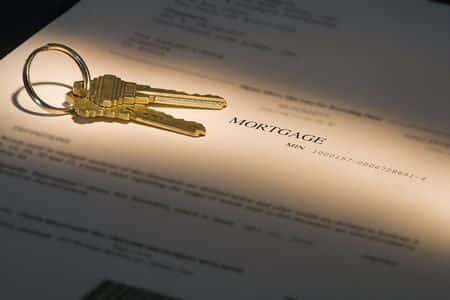Has a Civil Action been Taken against You?
Judgments are the result of a civil action filed in a court. They are usually for the collection of money owed by one party to another.
Civil actions can start only within certain time limits. For example:
- The time limitation for a written or contract is four years.
- A contract for the sale of goods is four years.
- Injury to personal property is two years.
- Any other action not otherwise limited is six years.
Unless specifically agreed upon by both parties, the legal interest rate on a judgment is 6% per year.
Money Judgment
A money judgment may be enforced against your personal property within 20 years after the entry of the judgment. In these cases you are known as the “judgment debtor” and your creditors are referred to as “judgment creditors.”
- A money judgment may also become a lien on your real property in any county, after the entry into the record of the prothonotary’s office in the county where the property is located.

- Such a lien is enforceable for a period of five years which may be revived before the expiration of the five year period.
- Generally, all of your “non-exempt” tangible or intangible personal property and real property is subject to a judgment by way of a writ of execution.
You may claim an exemption of certain personal property from attachment or execution from the payment of debts, but these exemptions are quite limited.
Through a writ of execution, your creditors can ask the county sheriff to attach any personal or real property belonging to the creditor. The writ directs the sheriff to put a levy on your property and sell it at public auction to pay for the judgment amount (if the amount is not paid before the auction.)
Certain property, such as wages, child support, welfare benefits and Social Security payments cannot be taken.
Talking to an attorney about a judgment is critical to preserving your wealth and your rights. Call us at 877-827-9006.
Judgments Taken by Default
Many judgments are taken by a creditor through default.
This means that you failed to respond to the complaint after service or failed to appear at a prescheduled court hearing, even if there are good reasons that the judgment should not be granted (i.e., validity of the debt, improper service, unfair debt collection, etc.).
Other judgments can be entered in Pennsylvania by transfer of a judgment from another state.
Even judgments by confession can be entered in a commercial non-consumer situation.
Regardless of what type of judgment is taken against you, any judgment can be stressful. Often creditors will first attempt to seize your bank account before any other asset.
If the judgment debtor has already transacted business with the creditor through a check payment, the creditor automatically knows where the debtor’s bank account is and even knows the bank account number.
Once seized, any outstanding checks not paid will be dishonored by the bank resulting in overdraft fees and any future automated money credits to the account will also be seized.
What to Do when You are Sued
The best approach toward being sued is being proactive. Direct contact with the creditor should be made as soon as you are served a complaint and before judgment is entered. The right attorney who is knowledgeable in debt collection and skilled at negotiation is your best bet.
Why Choose Harold Shepley and Associates, LLC?
At Harold Shepley and Associates, LLC, we have the experience you need to deal with civil actions, law suits, and judgments over money owed. We are a full service Law Firm that is client-oriented and will work hard to meet your personal needs in this situation.
Call us today at 877-827-9006, or complete our easy to use contact form. We’re ready to help.




